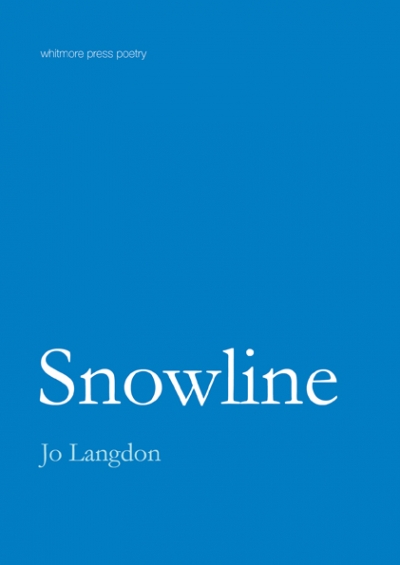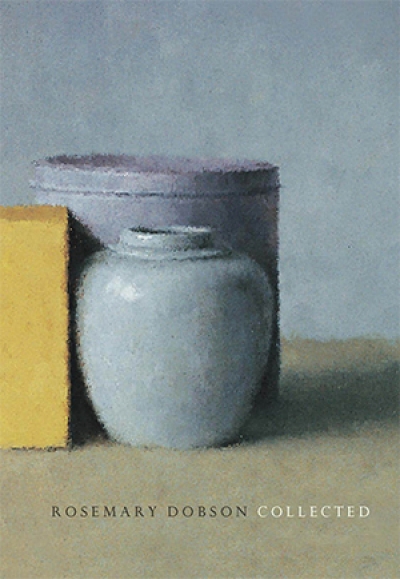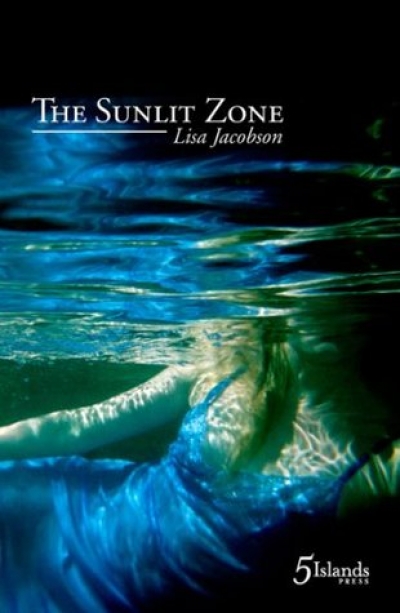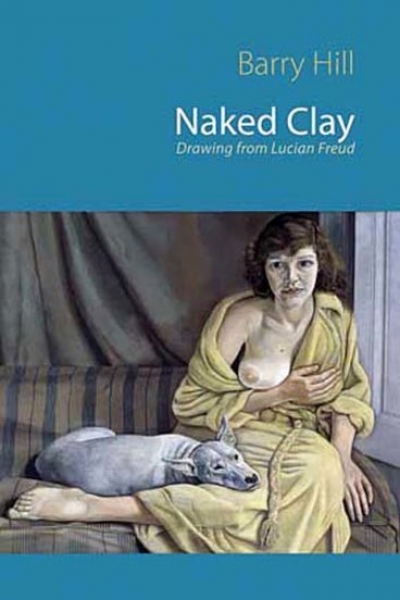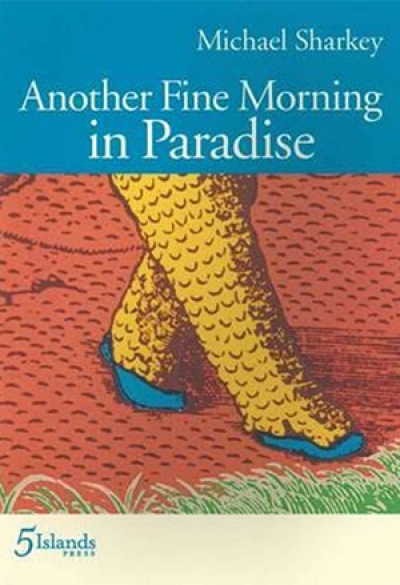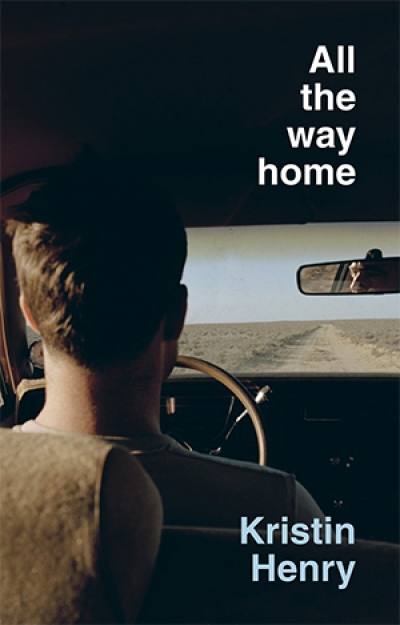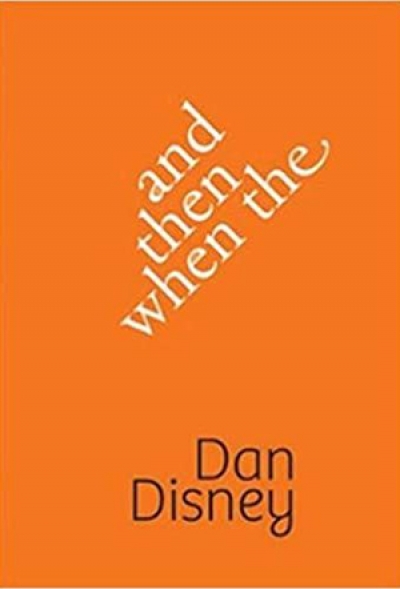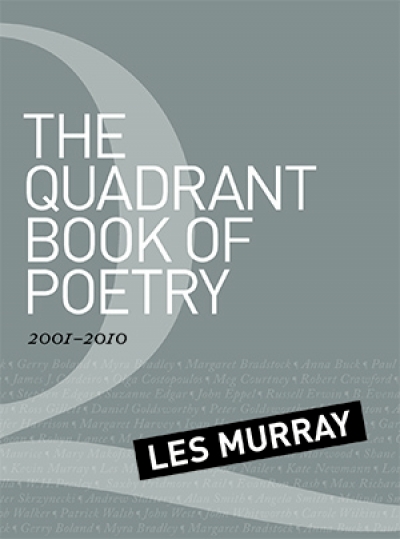Poetry
A childhood in Australia, safe and dry, but somehow incomplete: then time overseas defining the self against a different sky; finally, the return home, perhaps to start a family and begin the cycle all over again. This is the experience, recognisable to so many Australians, that Jo Langdon encompasses, with a crisp and clear eye, in Snowline, the latest in a series of small chapbooks from Whitmore Press.
... (read more)f ourW twenty-two is an initiative of the Booranga Writers’ Centre in Wagga Wagga. This current edition features short stories and poems by (predominantly) Australian writers. Some of these writers are prominent names; others are relatively unknown.
... (read more)This volume contains all the poems that Rosemary Dobson wants to preserve. They represent a substantial portion of her output, which seems right for a poet who began with a degree of quiet confidence and poise that belied her youth. From the earliest, published when she was in her twenties ...
... (read more)It is 2050 in Melbourne. The seas have risen, full of accidental genetic mixtures and cloned versions of extinct favourites, while the land is dried out and life is a tense combination of techno-affluence, terror, and normality ...
... (read more)With his new volume of poetry, Barry Hill has set himself the challenge of writing a book focused on the visual art of the recently deceased Lucian Freud without, excepting the cover image, accompanying reproductions of the paintings to which he responds. Naked Clay: Drawing from Lucian Freud is a collection of ekphrastic poems born out of the obsessive return to a body of painting that spanned much of the latter half of the twentieth century and the first decade of the twenty-first.
... (read more)Another Fine Morning in Paradise by Michael Sharkey
The variety of Australian poetry is attested to by books such as Another Fine Morning in Paradise. Neither entirely fish nor fowl, it is by turns satirical, watchful, effusive, and lyrical. Its central preoccupation is with a sharp-eyed scrutiny of what might be called the-idea-of-a-better-life ...
... (read more)The cover of Kristin Henry’s verse novel All the Way Home shows a man at the wheel of a car, looking ahead at an endless dirt road. There is even a YouTube trailer for the book on the publisher’s website, with more driving. But in Henry’s book, as in all the best road movies, nobody ever seems to get anywhere.
... (read more)Bricks, knowledge, gravity
‘I just read a history of bricks.’
We learn about the ways our teachers have influenced us over many years. As an undergraduate student at the University of Melbourne, I took every class taught by Professor Peter Steele SJ. More than a decade after I first ...
Dan Disney’s début collection, and then when the, is a slim volume infused with irreverent outings in philosophy and place. Just as the opening poem places its speaker in a philosophy class, philosophers offer constant points of reference. Disney reformulates such well-worn dicta as Descartes’s cogito ergo sum with verve, as in the poem ‘Towards a unifying theory of non-coincidence’, in which he writes, ‘the dead / (who tick not) / murmured “we do not think; therefore we are not”’.
... (read more)In his polemical Introduction, Les Murray notes that Quadrant was founded sixty years ago by poet James McAuley, the ‘stern formalist’ who ensured that poetry occupied a prominent place in the magazine. Poetry has continued to be central to Quadrant, its profile not waning under Murray’s stewardship as ...
... (read more)
